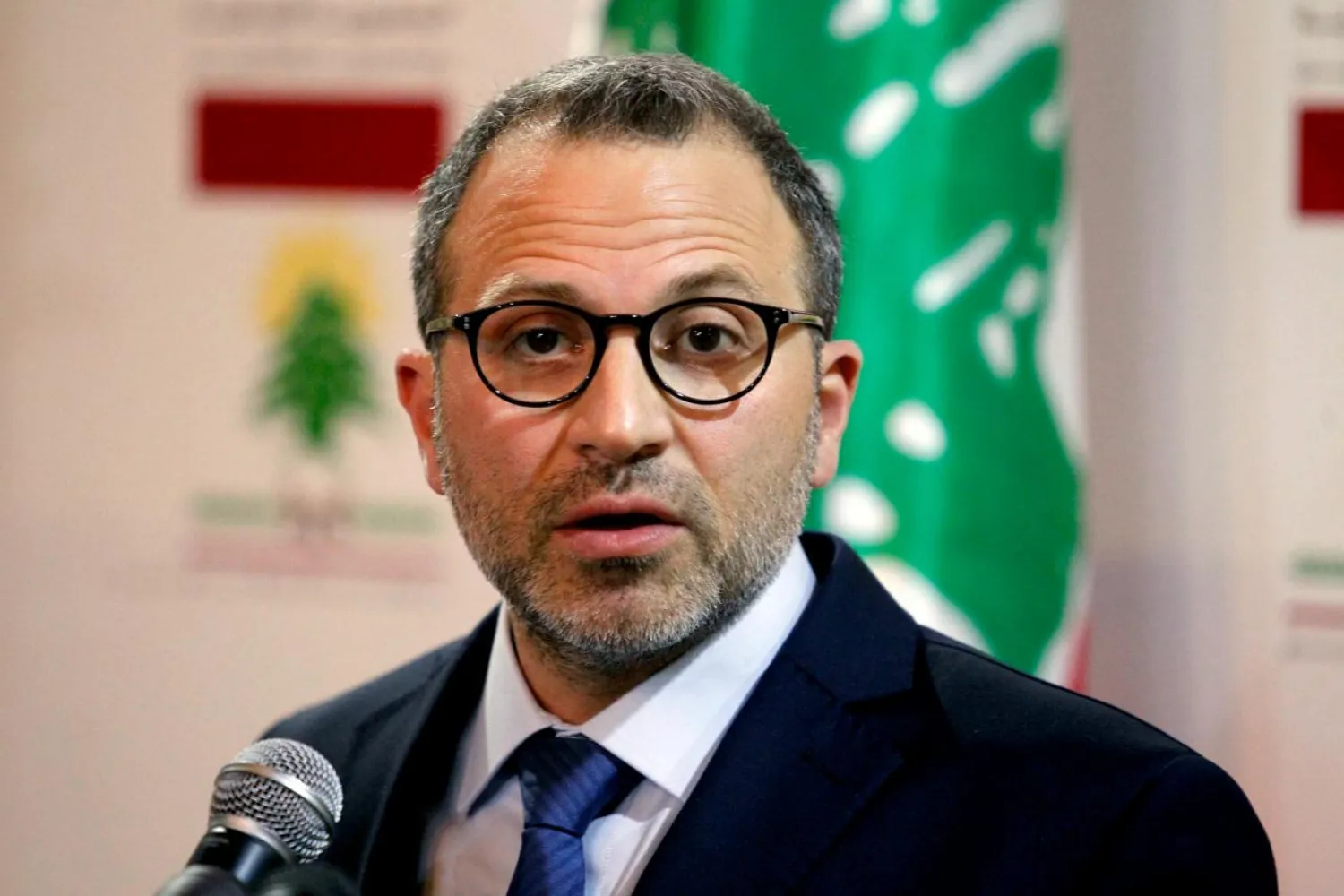The head of the Free Patriotic Movement (FPM) and foreign minister in the caretaker government, Gebran Bassil, said that the political life between Beirut and Damascus would be revived, stirring an internal debate over the dangers of communicating with the Syrian regime.
The Strong Lebanon parliamentary bloc, headed by Bassil, considers that a rapprochement with Syria would have a positive outcome, especially with regards to facilitating the return of Syrian refugees to their homeland and activating the land route for the export of Lebanese products across Syrian territory into the Arab world. On the other hand, those who oppose such normalization of relations stress that Bassil’s remarks were a “personal demand” and that the decision belonged solely to the Lebanese government.
“The government will be formed with well-known and defined landmarks, without any changes,” Bassil said on Saturday.
“All roads between Lebanon and Syria, Syria and Iraq, and Syria and Jordan will open, and Lebanon will resume its breathing through these terrestrial arteries,” he added, noting that political life between “Syria and Lebanon will be restored.”
The Future Movement, the Lebanese Forces and the Progressive Socialist Party are among those who strongly oppose the restoration of ties with Damascus, and consider it as a “normalization of relations with the Syrian regime.”
The Lebanese government, which turned into a caretaker government in August, disagreed over the relationship with Damascus and the visit of Lebanese ministers to Damascus at the invitation of Syria to participate in the opening of the Damascus International Fair.
Minister of State for the Displaced Affairs Mouin al-Merhebi told Asharq Al-Awsat that relations with the Syrian regime were a “matter to be decided solely by the new government, and not by Minister Bassil.”
In remarks to Asharq Al-Awsat, Merhebi stressed that Prime Minister-designate Saad al-Hariri “refuses categorically to open any channel of communication with the Syrian regime beyond the minimum necessary for security coordination or border control and other common matters that are handled by a staff of a certain level and not at the level of ministers or governments.”
Democratic Gathering MP Akram Chehayeb told Asharq Al-Awsat that Bassil’s remarks were only “personal desires”, and “affect a large segment of the Lebanese people, who have not forgotten the actions perpetrated by the Syrian regime in Lebanon."









